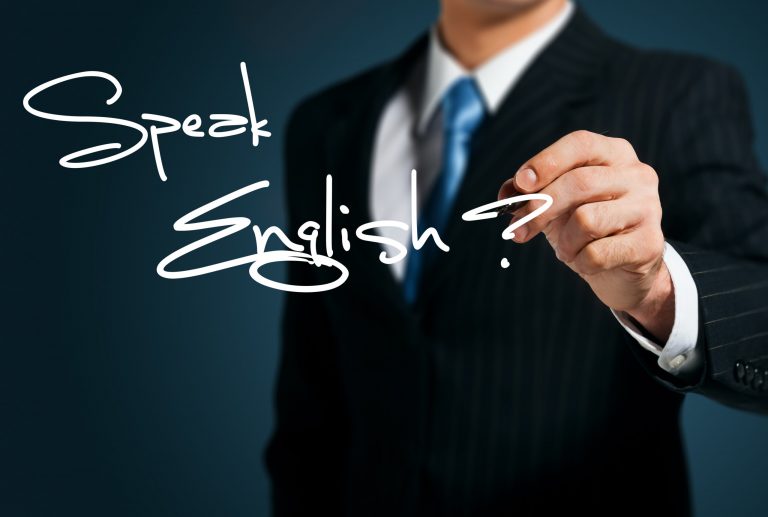President’s Column #6: 87th in the world

Your smartphone may have a simple speech translation app by default. I will let you know a quick way to check your English proficiency: try pronouncing ‘right’ and ‘light’; if your smartphone can distinguish those two, you’re doing well.
I have studied English for more than 50 years, since I was in junior high school. I have studied abroad twice for a total of over two and a half years. Thanks to this, I can manage to pronounce ‘right’ and ‘light’ correctly, but when it comes to ‘Paris’ and ‘Palace’, I’m not so sure anymore.
In terms of rankings of countries’ English language proficiency, Japan is ranked 87th (!!) in the world (EF English Proficiency Index 2023), a poignant result. In the 80-90th position are countries such as Afghanistan and Myanmar which aren’t considered developed countries, at least politically and economically. Needless to say, Japan is by far the lowest-ranked among the G7 countries. Neighboring South Korea and China are ranked 49th and 82nd respectively.
The regrettable English language skills of the Japanese have been pointed out for decades. There are several clear reasons, the biggest being that, in this peaceable island nation, there has never been a pending necessity to speak English in everyday life.
Furthermore, Japan is in a geopolitical position far from English-speaking countries. Foreigners are still far minorities in Japan. In fact, Japan ranks 133rd in the world in terms of the percentage of immigrants, which is by far the lowest among developed countries. In such a country, there is no momentum of inducement to use English for daily communication.
Another major reason was the lack of educational needs in English. Japan has developed a world-class culture and education system in its beautiful mother tongue, Japanese. In other words, the introduction of foreign languages such as English was not particularly necessary from an educational perspective.
However, there was a period during the Meiji era (1868-1912) when Japan sent many excellent talents to Germany, the UK, and other countries; we also invited many leading scholars from Europe and the US, in order to catch up rapidly in terms of scientific and technological capabilities.
Hokkaido University, too, at the time of its foundation in the early Meiji period, invited teachers from the USA, including Dr. William S. Clark, and conducted education almost exclusively in English.
In modern Japan, in contrast, science, technology and knowledge from overseas were successively converted into Japanese. Although there may or may not be clear evidence, Japan seems to stand out in terms of the thoroughness with which knowledge described in foreign languages was converted into the mother tongue. Ironically, the result is that Japan ranks 87th in the world in English language proficiency.
However, when we look at the English speeches of our university’s pioneer, the first vice-president, Dr. William S. Clark, we see that—although there are differences in the times—extremely difficult vocabulary, grammar and logic are used. It can be seen that the students of the time tried their best to understand his English. The lecture notes left behind by students from that era also show that their English language skills were at an astonishing level.
In addition, Nitobe Inazo and Uchimura Kanzo, two students of the Sapporo Agricultural College, —along with Okakura Tenshin, renowned Japanese scholar and art critic—had a remarkable command of beautiful English.
It is true that Japan ranks 87th in the world in English language proficiency. However, it is a complete misconception that the Japanese are inherently poor at English. It is only our failure to create an environment in which we can use English that has resulted in this shameful ranking.
There is no point in lamenting our inability to use English now. Nor is there anything to worry about. Your native counterparts will understand the difference between “R” and “L” from the context. And, as I mentioned in a previous edition of this column, with advances in Artificial Intelligence, the day will soon come when you won’t have to worry about being haunted by ‘R’ and ‘L’.
However, we should create an environment where English is more commonly used in our universities, and in consequence, Japan will steadily rise from 87th place in the English language proficiency rankings.
